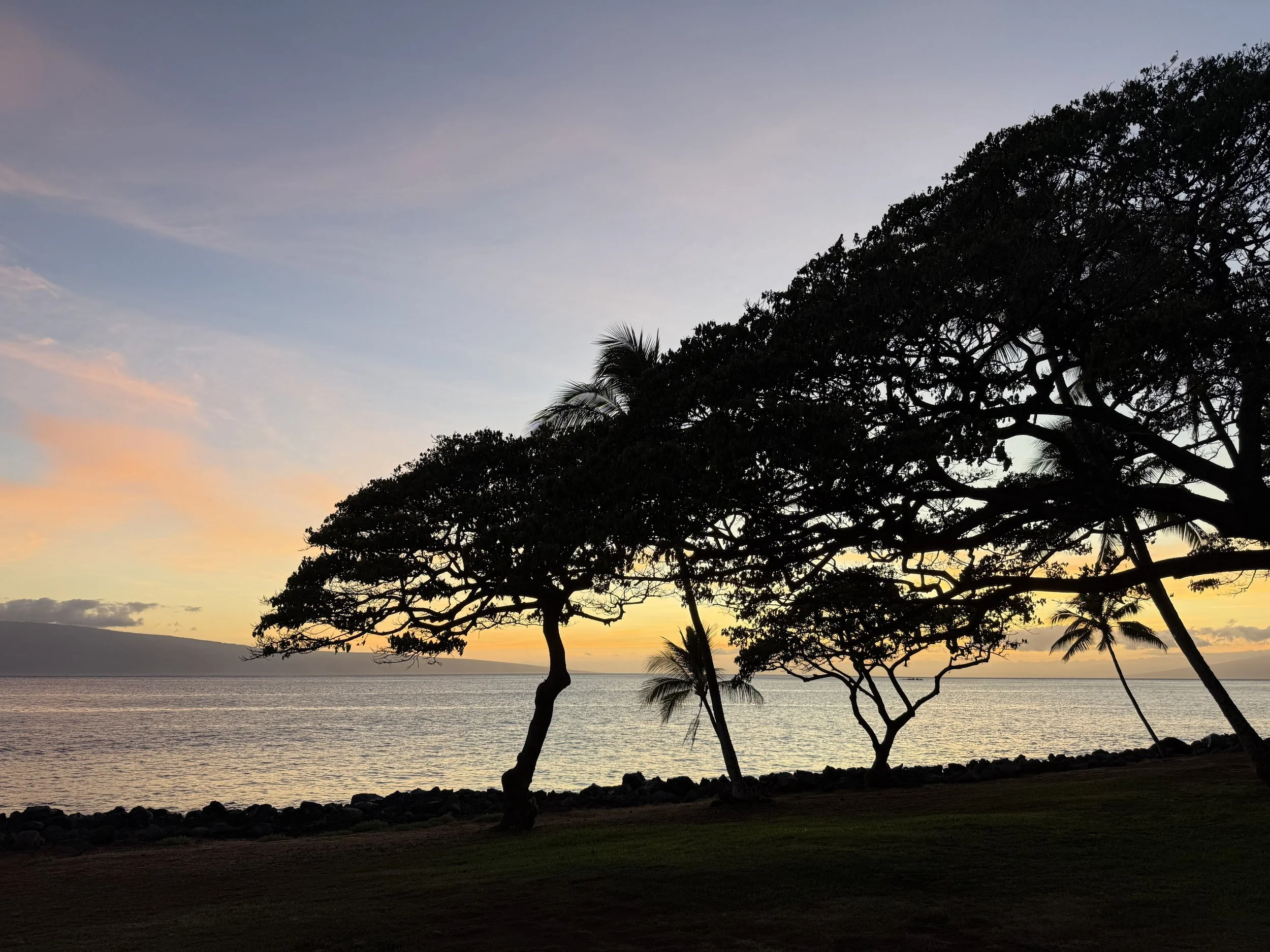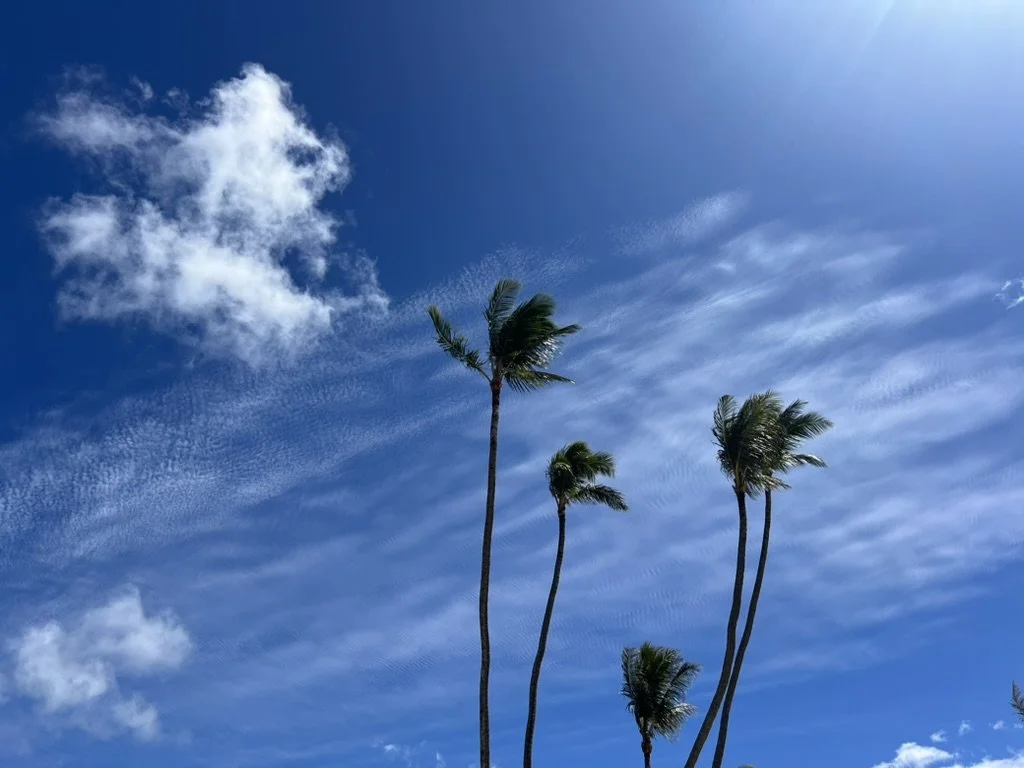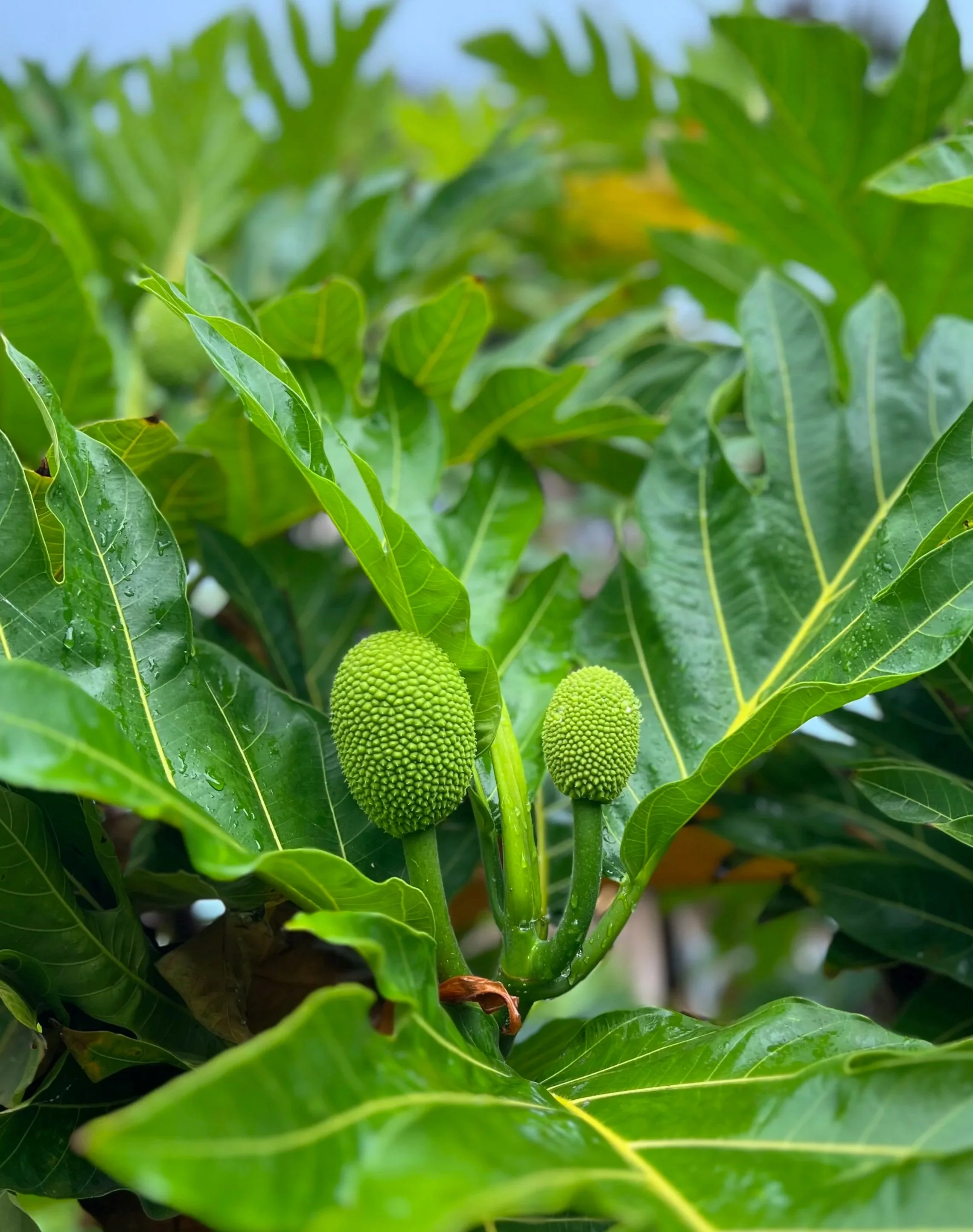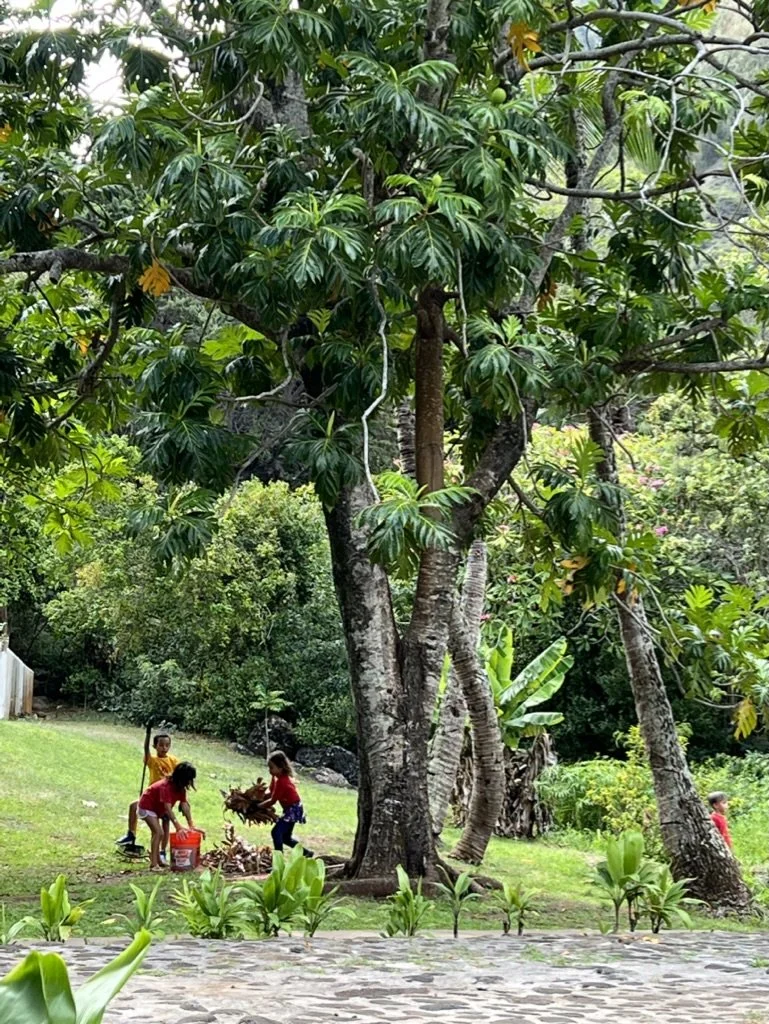Help create Maui’s Community Forest Plan
He Nohona ʻUlu
A community forest is a collection of trees in the wao kanaka, where we live, learn, and play. Community forests include trees in our neighborhoods, yards, parks, schools, and along our streets. They give us gathering places, shade to cool down, air to breathe, food to eat, wood for carving, leaves for weaving, flowers for lei, and more.
———————————————————————
He Nohona ʻUlu envisions thriving communities rooted in the ancestral model of the ‘ulu grove, where trees provide food, resources, shade, shelter, aquifer recharge, and resilience.
A project of the County of Maui Department of Management, He Nohona ʻUlu is a plan that will be a roadmap to grow, care for, and manage trees in Maui’s communities, on both public and private lands.
Why is He Nohona ʻUlu: Maui’s Community Forest Plan being developed?
Trees are more important now than ever. They are living resources that support the resiliency of our island, our culture, and our people.
In the face of increasing heat, drought, flooding, and wildfire, He Nohona ʻUlu will provide actionable steps for the County to enact a community forestry program.
The planning process will:
Assess tree canopy and land cover within the Maui Island Plan’s Growth Boundaries
Benchmark current practices, codes, and policies
Engage the public in community listening sessions
Set recommendations for planting, stewardship, and care
Strategize funding, staffing, and partnerships

We want to hear from you!
Tell us what trees mean to you, where you’d like to see more of them, and how we should grow Maui’s community forests.
-

-

Community Engagement and Plan Development
-

Planning and Landscape Architecture
-

Land and Canopy Analysis and Urban Forestry

This project was made possible by the support of the Kaulunani Urban and Community Forestry Program of the DLNR Division of Forestry and Wildlife, and the Urban & Community Forestry Program of the U.S.D.A. Forest Service, Region 5, State and Private Forestry.


